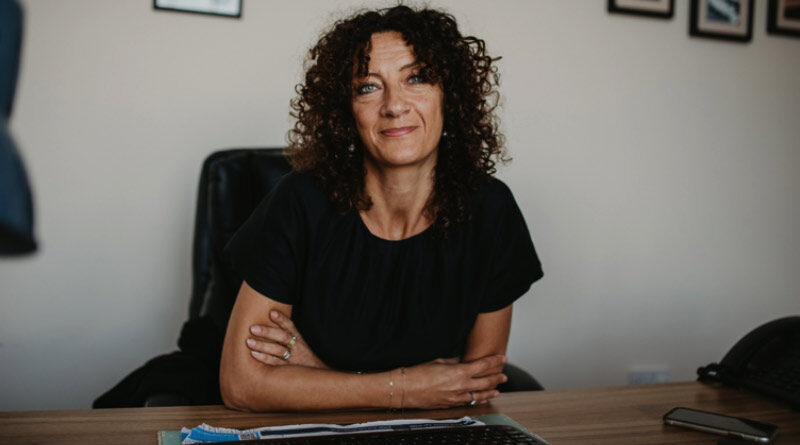Home Care Hit Hardest by Cost-of-Living Crisis, says Boss of Care company
The rising cost of fuel and the aftermath of the Covid-19 pandemic has caused an unprecedented crisis in home care, says the boss of one of the UK’s leading care companies.
Raina Summerson, the group CEO of Agincare which operates 21 residential care and nursing homes around the country told Newcross Healthcare’s Voices of Care podcast:
“When you look at the direct care delivery, it’s never been as bad. Home care is certainly the hardest hit, and I think that is a lot to do with fuel prices, cost of living, less young people driving or being able to afford to own a car or having a driving test, and delays in driving tests. So, I think a multitude of reasons have hit home care more.”
Responding to the findings of a recent YouGov survey for Newcross Healthcare, which found that 27% of care workers were considering leaving the sector, Ms Summerson acknowledges the extent of the staffing issues but suggests there is no quick fix.
“We need to find a way to more positively promote social care and all it does and to involve our workforce better. But that’s incredibly hard to do – especially at times when it’s so pressured and getting their time on anything but direct care is really difficult.”
“As a qualified social worker, I’m quite passionate about the roots and values of true, proper social care and what it should give, rather than just be a prop for NHS and hospitals and acute care.
“Because it’s about building healthy communities, healthy resources so that hopefully people don’t draw on the NHS as much.”
Ms Summerson, who has worked in social care since 1989, says education is key to improving the sector’s public image but that schools and colleges needed to do more to dispel negative perceptions.
“It’s incredibly important to get in at a younger age. To me, it should be part of our schooling. About awareness of social care, what it offers as a career, what it offers society, the different routes, because it’s so multifaceted.
Elsewhere on podcast, Ms Summerson discusses the Government’s recent decision to delay the introduction of the cap on personal social care costs until 2025 and why she believes it’s vital for social care to be properly funded.
“Funding is always important. I think it’s important in terms of accountability as a society – where, what and how are we prepared to fund social care because that illustrates how important we see it to our society and people that work in it, people that might need to draw on it.
“You can’t reward the workforce to work in it and work in it well and be rewarded and recognised for that being a really important job if you’re not funding it properly and you’re trying to get away with people being paid a lower wage.”
Asked for her reaction to Newcross Healthcare’s research which found that 55% of respondents said they would be happy for taxes to be raised to pay for social care, Ms Summerson says:
“I felt that last year through post-COVID, the public generally was better prepared to pay for social care, to look at it being something they pay taxes towards in a clearer way. I think there has been some raising of that awareness. If people are touched by it or they just learn a little bit, they say, ‘absolutely, that value is there, we need that and let’s commit to it and let’s fund it better’.
You can see the full podcast here: https://youtu.be/EgyNbT6d12I





